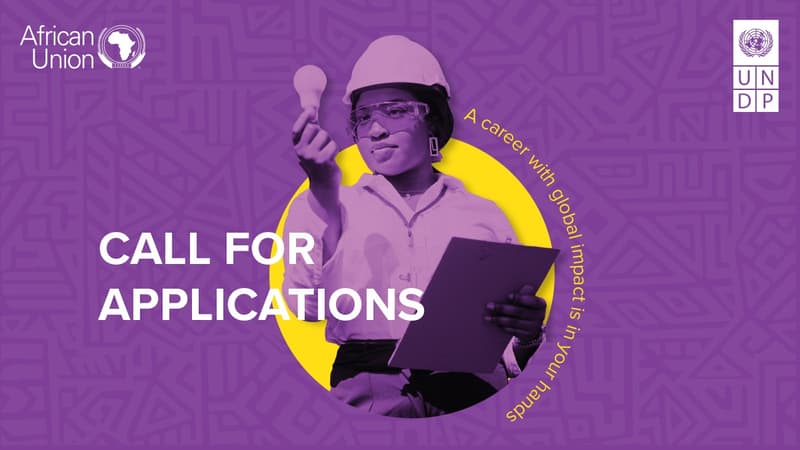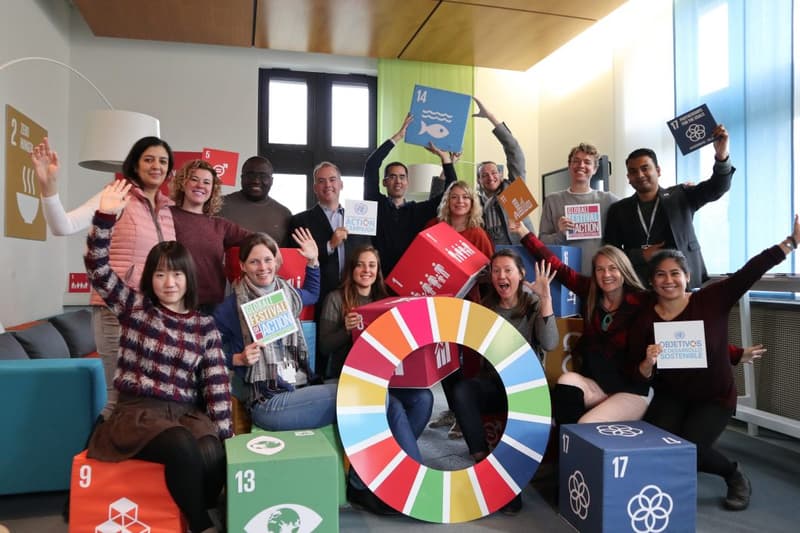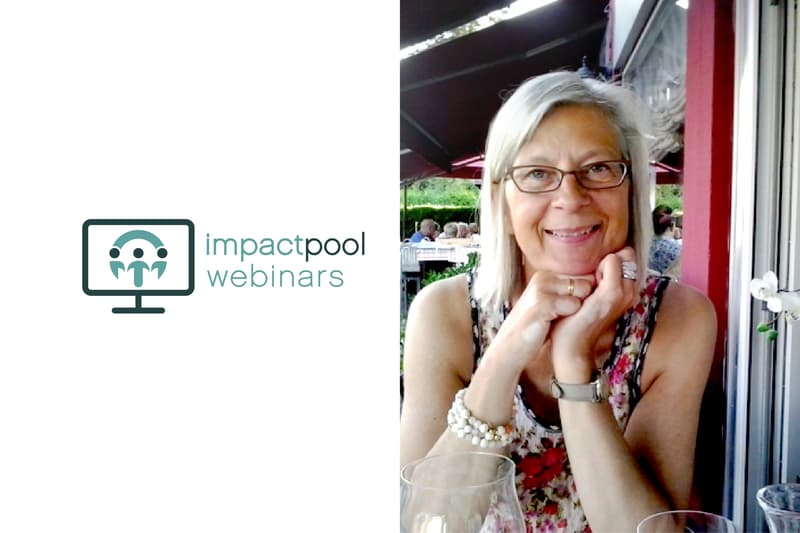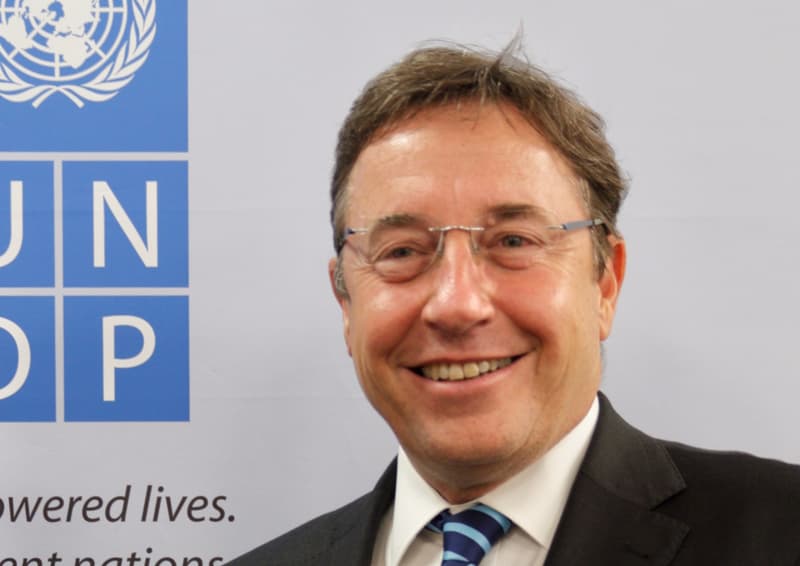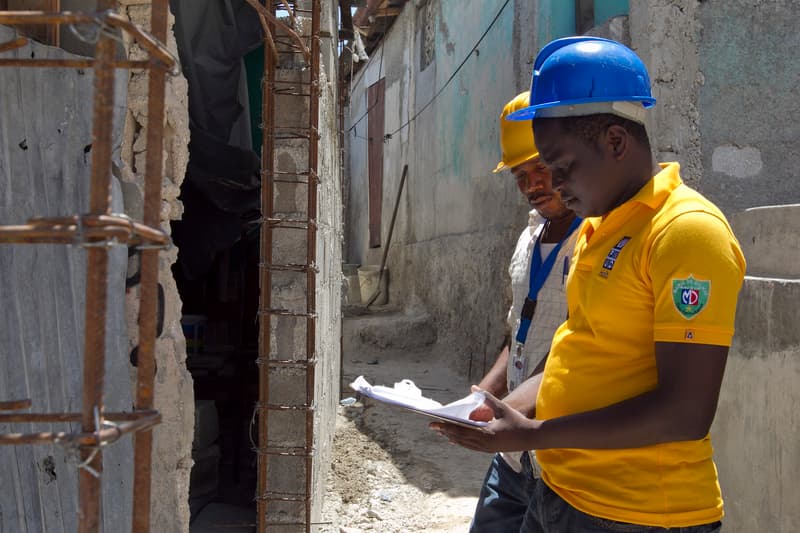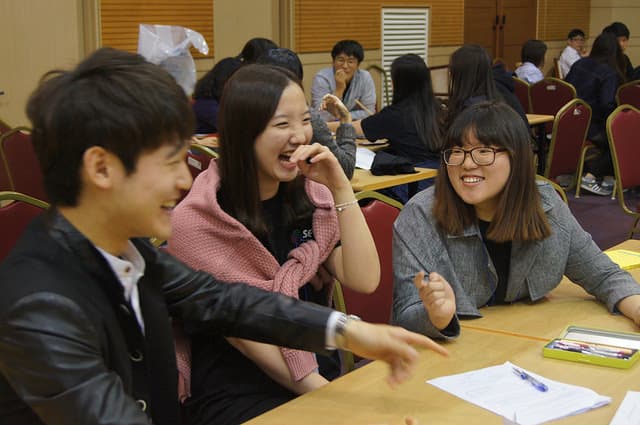Project Analyst- Renewable Energy
Sanaa
- Organization: UNDP - United Nations Development Programme
- Location: Sanaa
- Grade: Level not specified - Level not specified
-
Occupational Groups:
- Renewable Energy sector
- Project and Programme Management
- Closing Date: 2023-12-07
With Critical levels of acute malnutrition, Taiz Lowland and Hajjah Lowland were in IPC AMN Phase 4 during the period of January to July 2020. While these two zones remained in IPC AMN Phase 4, the acute malnutrition situation was projected to further deteriorate and the following zones were projected to move to IPC AMN Phase 4 during the period of January - March 2021: Abyan Lowland, Lahj lowland, Hodeidah Highland, Hodeida Lowland. Over 2.25 million cases of acutely malnourished children are estimated to require urgent treatment for acute malnutrition in 2021. The four zones with the highest numbers of global acute malnutrition cases are respectively: Hodeidah Lowland, Taiz Highland, Sana'a City, and Hajjah Lowland.
These four zones account for over 40% of the total expected cases of acute malnutrition in the country. In terms of severity based on the prevalence of global acute malnutrition, the following seven zones are the worst affected: Hodeidah Lowland, Hodeidah Highland, Abyan Lowland, Lahj Lowland, Taiz Lowland, Hajjah Lowland, and West Dhamar. The combined global acute malnutrition prevalence is at or above 20% in these seven zones. The combined global acute malnutrition prevalence in the Hodeida governorate (both Lowland and Highland) exceeds 30%, indicating very severe conditions. Given the projected trends of the contributing factors and other contextual information, the situation is likely to further deteriorate.
Income-generating activities, small businesses, and both formal and informal employment opportunities continue to be profoundly impacted by the conflict, as well as the impact of Covid-19. Many households, especially female-headed, the poorest, IDPs, and the marginalized, lost their source of income due to damage to infrastructure, the collapse of the local economy, and the closure of businesses, including but not limited to the agricultural sector which the World Bank (using ILO data) identifies as employing 28% of target communities (42% for women) and 48% of the population in vulnerable employment. Employment and care services are affected for women workers in general, and particularly for informal and domestic workers. The Covid-19 outbreak profoundly impacted women's ability to maintain their livelihoods: quarantines significantly reduce economic and subsistence activities and disproportionately affect employment-generating sectors that are predominately female, such as care services and trade15. In this context, the risks of social and domestic challenges that women and girls face increase exponentially. As per a UNDP study on the "impact of COVID-19 on MSMEs (Micro, Small & Medium Enterprises)", women who own MSMEs face challenges in sustaining their enterprises; more than 37 percent of female-owned MSMEs experienced revenue losses of 40-60%. In terms of the access to markets, the general pattern from the findings shows a stronger association between COVID-19-related restrictions and sales constraints than with input constraints.
The ERRY III interventions are designed to contribute to the below goals and outcomes: The Overall Objective (Goal) of the Programme Crisis-affected communities are better able to manage local risks and shocks for increased resilience and self-reliance. Specific Objectives (Outcomes):
- Outcome 1: Community institutions are strengthened and capacitated on gender-sensitive resilience planning, conflict resolution, and social cohesion.
- Outcome 2: Vulnerable communities benefit from equal access to clean energy solutions, environmental protection, and climate-adaptive capacity in a sustainable manner
- Outcome 3: Sustainable livelihoods for women and men are created through improved production, food security, and income opportunities.
UNDP Yemen seeks to hire a Renewable Energy Officer (ERRYIII) based in the UNDP Country Office in Sana’a to support the solar component implementation to promote and provide access to clean/sustainable energy to most needy people in Yemen. The Officer would also support renewable energy initiatives of the country offices in various targeted locations by providing technical assistance, developing operational guidance, and standard operating procedures for the project team and specialists. The expertise of renewable energy officers can also be harnessed by programme units such as Governance and Rule of Law, Economic Resilience and Recovery Unit, and Peace Support Facility.
Responsibilities and Roles:
Under the direct supervision of the Project Manager, the Project Analyst- Renewable Energy will be based in Sana’a and will lead the coordination and implementation of outcome 2 activities. Following are the specific roles and responsibilities of the officer.
Summary of Key Functions:
- Lead on project implementation, including delivery of technical, operational, financial, and administrative outputs and tracking the progress of the project by monitoring and reporting of solar energy, renewable energy intervention.
- Act as a principal focal point and technical expert for the Waste to Energy Project Implementation:
- Ensure knowledge management/development and provision of technical advice to relevant project stakeholders on solar energy applications, including Waste to Energy Project Implementation.
- Development of strategic partnerships
- Development of technical and financial designs for all renewable energy interventions including solar for health, education, local offices, productive associations, drinking water, irrigation, solar and wind micro, and mini grid, waste to energy, water desalination...etc
- Ensure gender mainstreaming within the project
- Lead on youth innovation activities to promote local production of sustainable solutions in the field of renewable energy such as solar Tuk-Tuk, automatic production machines, solar cooling solutions, and other related applications.
- Lead on the local assembly activities of solar Pico/small scale and household solutions and clean smokeless cooking stoves.
- Support UNDP projects on solar energy intervention and provides technical assistance as and when required.
- Support UNDP country office on Renewable Energy Initiative, such as waste to energy to support Aden, Hodeidah and Sana’a offices.
- Work closely with Project Manager to support Solar Working Group established at the national level.
- Lead on renewable energy innovation initiatives for ERRY II project.
- Support Participating UN organizations “PUNOs” and provide technical assistance on solar and renewable energy initiatives under ERRY joint programme.
- Provide technical assistance and hand holding support to implementing partners, public institutions (health, education, and local offices) on solar energy intervention.
- Support project team to carry out the baseline, end line, market assessments.
- Support project team to carry out micronarrative studies.
- Develop manual and guidelines for the solar and renewable energy initiatives in Yemen.
- Support project team to carry out solar mapping in Yemen.
Specific tasks and responsibilities:
Lead on project implementation, including delivery of technical, operational, financial, and administrative outputs and tracking the progress of the project by monitoring and reporting
- Act as focal point for all solar energy activities led by UNDP, both internally and externally.
- Oversee the contracting process of implementing partners and contractors, including budget, work plans and capacity assessments, according to UNDP rules and regulations.
- Support the implementation of M&E framework for the solar energy activities, in close coordination with the UNDP M&E Officer, according to UNDP rules and regulations, and standards for donor reporting.
- Conduct spot checks and field visits to project location sites.
- Prepare reports in English and Arabic on renewable energy activities, for internal and external audiences such as UNDP management and donors.
- Record issues, risks and lessons learnt before, during and after projects completion.
Act as a principal focal point and technical expert for the Waste to Energy pilot initiative and other innovative startups.
- Support project team in building rapport with private sector on WtE initiatives
- Facilitate feasibility study on waste to energy
- Support implementing partners to initiate dialogues with private sectors, local authority, and communities in consultation with technical specialists
- Responsible for the implementation of WtE pilot initiatives including gasification and plastic recycling plants
- Design low cost start up business models to improve access to decentralized energy services.
Ensure knowledge management/development, communications, and provision of technical advice to relevant project stakeholders on solar energy applications
- Identification and synthesis of best practices and lessons learned into project goals.
- Develop the capacities of stakeholders including implementing partners and PUNOs on key technical and managerial areas where UNDP support would be beneficial (such as, and not restricted to solar energy applications, market mix, maintenance, relationships between different solar energy actors, etc)
- Ensure the synergy with other ERRY components as well as with PUNOs.
- Develop the capacities of UNDP staff in the area of solar energy, with a focus on field staff in targeted Governorates.
- Contribute to timely communication and outreach, in close coordination with the Communications Specialist, through social media, success stories, blogs, and press releases
- Share relevant and substantive and operational experiences with other colleagues and counterparts; (Develop knowledge products to be shared with the Project partners).
Development partnerships
- Develops strong relationships with the implementing partners/contractors.
- Liaise with relevant actors to promote linkages between solar energy and the different Economic Restoration activities, and other participating UN agencies to the ERRY joint programme to maximize impact
- Establish effective linkages with other UNDP projects and with other initiatives in the sector with a view to developing substantive partnerships and generating synergies.
- Prepare substantive briefs on possible areas of cooperation, identification of opportunities for joint initiatives, recommend approaches to the management team in terms of recommended activities with potential for scale-up and replicability Closely liaise with the UNDP Entrepreneurship Specialist to embed renewable energy activities in enterprise recovery and support to the private sector
Support PUNOs in technical assistance:
- Provide technical and supervisory support to PUNOs for the implementation of Solar Programming
- Support world food programme “WFP” in the implementation of solar programme in Sana’a target areas
- Support International Labour Organization “ILO” in the development of training materials related to vocational training in the field of renewable energy interventions
- Support Food and Agriculture Organization “FAO” in the solarization of dairy production groups and water user associations “WUAs”
Support Private Sector Capacity Building on Waste to Energy Business Model Development
- Support private sector to tailor made the gasification model suiting to Yemen needs
- Work closely with private sector in developing the energy model from the waste
- Identify and support private sector in scaling up the waste to energy model in Yemen.
Support in the diversification of renewable energy approaches through innovation model
- Develop PAY AS YOU GO model for relevant sector
- Develop waste, water, and wind model under the ERRY and support country office in the replication
Gender Equality and Women’s Empowerment
- Supporting gender mainstreaming throughout the project life cycle including design, planning, implementation, monitoring and evaluation
- Ensure coordination and partnership with national gender mechanisms, women-led organizations, academies, networks, forums, etc;
- Support the institutional and technical capacity of the project team and stakeholders on gender equality and women’s empowerment as well as social safeguards aspects;
- Support the implementation and reporting of gender-responsive actions, and allocating the required resources ;
- Contribute to the country office communication, and knowledge management system on gender equality and women’s empowerment.
The incumbent of the position should avoid any kind of discriminatory behavior including gender discrimination and ensure that:
- Human rights and gender equality is prioritized as an ethical principle within all actions.
- Activities are designed and implemented in accordance with “Social and Environmental Standards of UNDP”.
- Any kind of diversities based on ethnicity, age, sexual orientation, disability, religion, class, and gender are respected within all implementations including data production.
- Differentiated needs of women and men are considered.
- Necessary arrangements to provide gender parity within all committees, meetings, trainings etc.
Institutional Arrangement
Project Analyst Renewable Energyreports to ERRY Project Manager
| Core: | |
| Think innovatively: | LEVEL 1: Look beyond conventional approaches and established methods |
| Learn Continuously: | LEVEL 1: Open minded and curious, shares knowledge, learns from mistakes, asks for feedback |
| Adapt with Agility: | LEVEL 1: Be flexible in handling change, and adopt new ideas, approaches and ways of working |
| Achieve Results | LEVEL 1: Demonstrate focus on achieving quality results and impact |
| Enable Diversity and Inclusion: | LEVEL 1: Treat all individuals with respect, consider ethical implications and respond sensitively to all differences among people |
| Cross-Functional & Technical competencies (insert up to 7 competencies) | ||
| Thematic Area | Name | Definition |
| Procurement | Financial analysis | • Knowledge of evaluating businesses, projects, budgets, and other finance related transactions to determine their performance and suitability |
| 2030 Agenda: Peace | Nature, Climate, and Energy | Energy efficiency concepts, renewable energy, access to energy; technologies and practical application |
| 2030 Agenda: Peace | Nature, Climate, and Energy | Energy access in crisis settings Knowledge of energy access concepts and/or issues and the ability to apply to strategic and/or practical situations of climate change. |
| Cross Functional Competency | Nature, Climate, and Energy | Poverty-Environment Nexus |
| Min. Education requirements |
|
| Min. years of relevant work experience |
|
| Required skills |
|
| Desired skills in addition to the competencies covered in the Competencies section |
|
| Required Language(s) |
|
| Professional Certificates |
|


